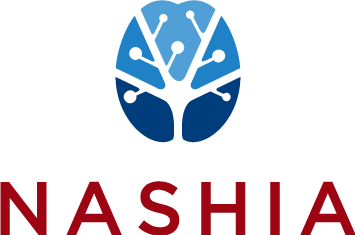The link between TBI and problematic alcohol use that either precedes or continues post TBI is well documented in the literature. Recently, due to the national rise in overdoses related to opioids alone, or in combination with other substances, a similar pattern is observed by both addiction and brain injury professionals and researchers. Individuals who use opioids post TBI, commonly prescribed for post injury pain, can initiate individuals into problematic use. Likewise, individuals who survive overdose or multiple overdoses are more likely to experience acquired brain injury. Reports from professionals and family members alike suggest that many who survive an overdose or a series of nonfatal overdoses experience cognitive, physical and behavioral challenges common after TBI. This training will discuss how these challenges can pose obstacles to successful placement and sustained employment success and how employment professionals can incorporate brain injury informed strategies and techniques to enhance recovery for both brain injury and substance use related challenges.
View Recording and Supporting Materials Here
Presenter:
Anastasia Edmonston MS CRC
Anastasia Edmonston MS CRC, currently serves as the Project Coordinator for the Maryland Behavioral Health Administration’s Federal TBI Partner Grant. In this capacity she provides coordination of Project initiatives including; training on the topics of TBI, survivor centered thinking and planning to professionals who work in the fields of aging, behavioral health and addiction (with a focus on the link between addiction and brain injury) and law enforcement. Ms. Edmonston has worked in the field of rehabilitation services for individuals with brain injuries for over 30 years in both inpatient and outpatient services, as a case manager, program coordinator, champion and vocational rehabilitation counselor. She obtained her MS in Rehabilitation Counseling from Boston University, is a Certified Rehabilitation Counselor, as well as a certified Behavioral Health First Aid Instructor. She also received training and mentoring from Diane Greider around principles of Survivor-Centered Planning. She earned a post graduate certificate in Instructional Systems Development from the University of Maryland, Baltimore County in 2014.
Questions? Contact training@nashia.org

